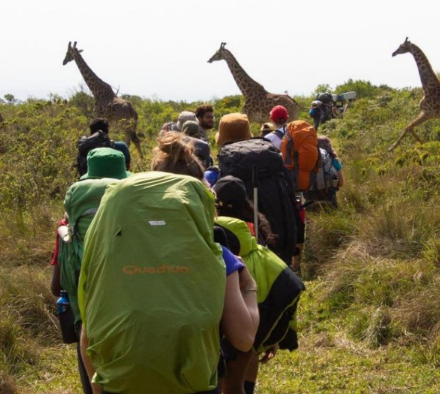UWC East Africa

Moshi, Tanzania
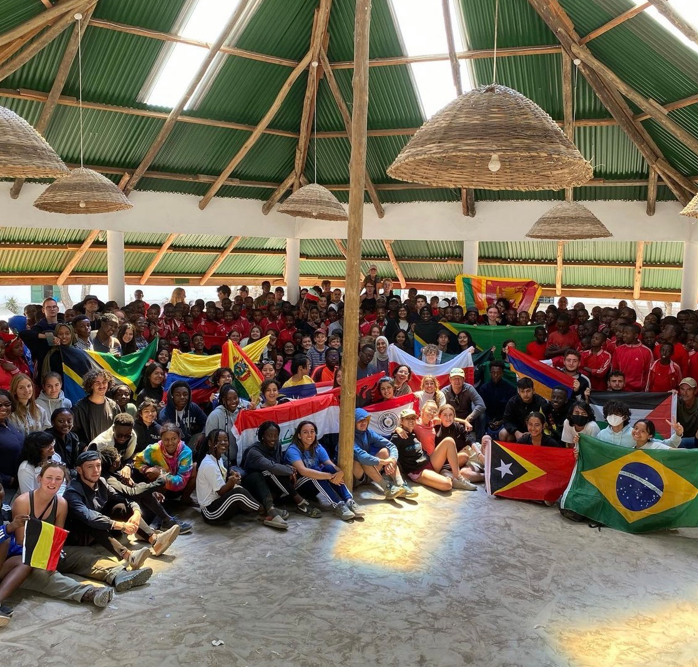 700 students, aged 3 to 19 years
700 students, aged 3 to 19 years- Founded - 1973
UWC East Africa, previously known as the International School of Moshi, joined the UWC Movement in August 2019, becoming the 18th school worldwide and second on the African continent. With two campuses in Moshi and Arusha, UWCEA provides education for students ranging from 3 to 19 years old with over 100 nationalities represented overall.
The school features a structured residential component for its Middle Years Programme (MYP) at the Moshi campus and International Baccalaureate Diploma Programme (IBDP) on both campuses.
Three unique features
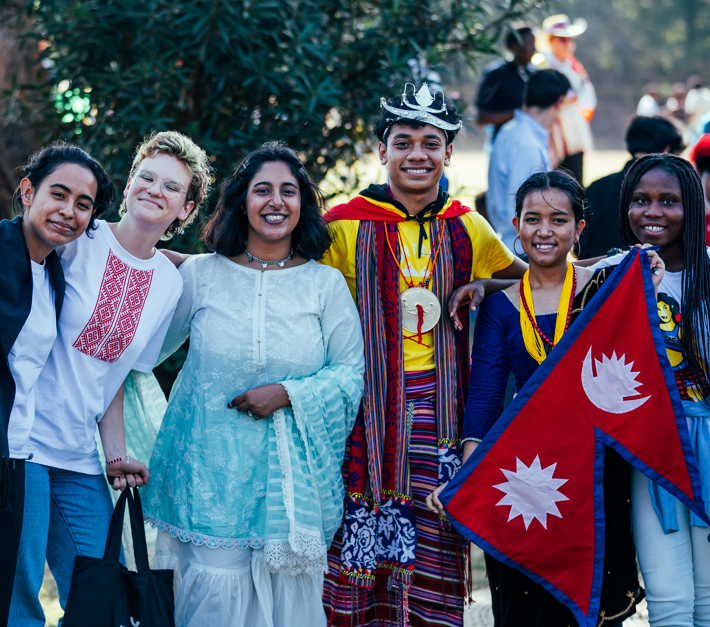 Location: Situated in the mountainous northeast of Tanzania, with views of Mt Kilimanjaro and Mt Meru, students are surrounded by rich biodiversity and wildlife of the region. They also have the opportunity to explore the coastal beauty of the Indian Ocean in the historic Pangani town, owned by the school and located in the Tanga region.
Location: Situated in the mountainous northeast of Tanzania, with views of Mt Kilimanjaro and Mt Meru, students are surrounded by rich biodiversity and wildlife of the region. They also have the opportunity to explore the coastal beauty of the Indian Ocean in the historic Pangani town, owned by the school and located in the Tanga region.
Outdoor Pursuits Programme: UWCEA offers diverse outdoor activities for students of all skill levels. These include mountaineering expeditions, off-road adventures, coral reef restoration, sea diving and more. The programme is structured around five streams: Peaks, Plains, Rides, Reefs, and Mindfulness.
First IBDP School in Africa: With a commitment to academic excellence, UWCEA made history as Africa's inaugural International Baccalaureate (IB) school in 1973. It played a pivotal role in shaping the IB Middle Years Programme in the 1980s, reinforcing its dedication to providing a top-tier education.
Academic curriculum
Our students follow the International Baccalaureate Diploma Programme (IBDP), which is made up of three core components and six subject groups.
Average class size: 18 students
International Baccalaureate Diploma Programme
Core components
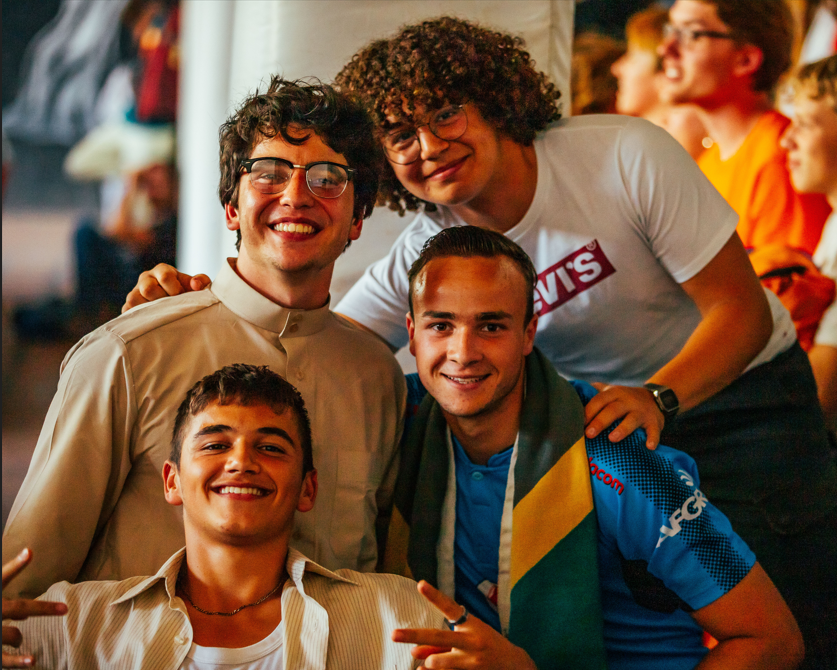 Theory of Knowledge: students reflect on the nature of knowledge and on how we know what we claim to know.
Theory of Knowledge: students reflect on the nature of knowledge and on how we know what we claim to know. - The Extended Essay: an independent, self-directed piece of research, finishing with a 4,000-word paper.
- Creativity, Activity, Service (CAS): students take part in a range of experiences and at least one project.
Subjects
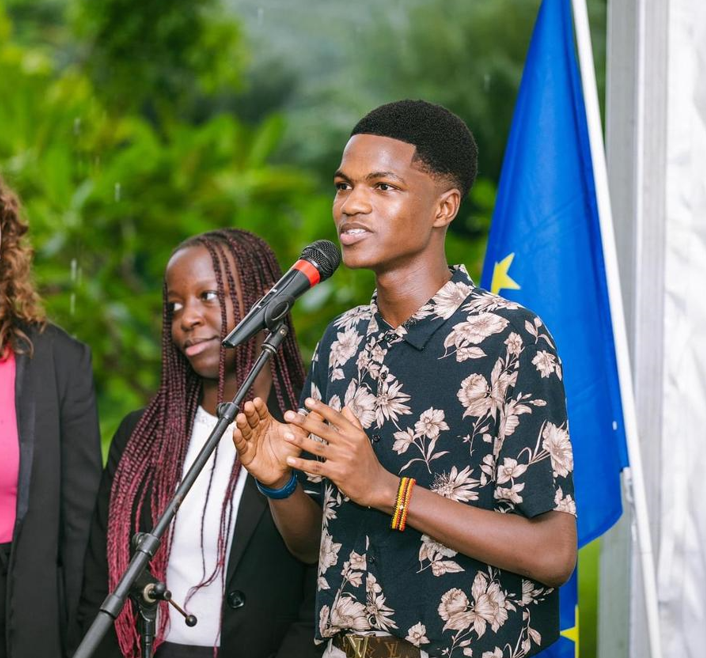 Studies in language and literature: English Literature, English A Language and Literature, Swahili Literature, School Supported Self-Taught Literature
Studies in language and literature: English Literature, English A Language and Literature, Swahili Literature, School Supported Self-Taught Literature- Language acquisition: English B, French B, French AB Initio (Arusha), Swahili AB Initio, Spanish AB Initio
- Individuals and societies: Economics, Geography, History, Global Politics, Environmental Systems & Societies, Business Management Sciences: Biology, Chemistry, Physics, Environmental Systems & Societies
- Mathematics: Maths - Analysis and Approaches, Maths - Applications and Interpretation
- The arts: Visual Arts, Theatre, Music
Co-Curricular
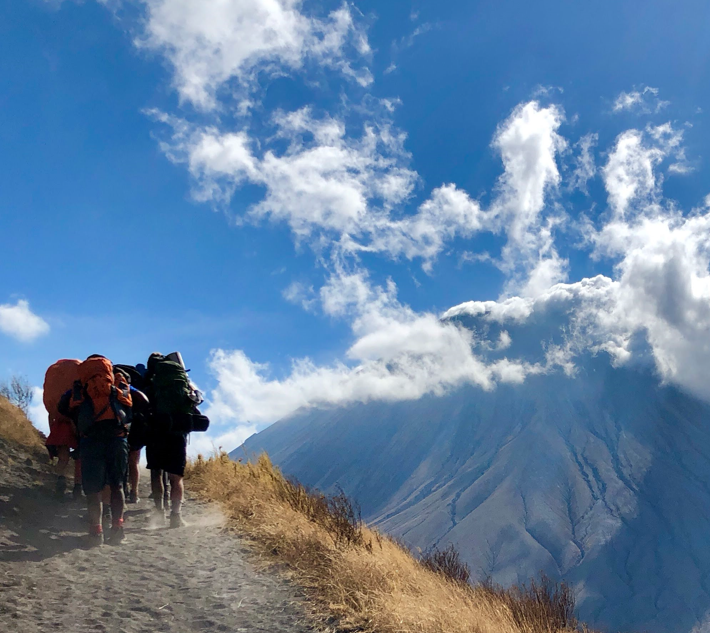 All students at UWC complete a co-curricular programme called Creativity, Activity and Service (CAS) - an integral part of the IB qualification. Students get the opportunity to choose a physical, a creative and a social service activity.
All students at UWC complete a co-curricular programme called Creativity, Activity and Service (CAS) - an integral part of the IB qualification. Students get the opportunity to choose a physical, a creative and a social service activity.
UWCEA engages students to participate in different inter- school competitions locally and internationally for personal improvement and enjoyment.
Physical activities:
- Badminton
- Basketball
- Boxing
- Cricket
- Cross Country
- Cycling
- Football
- Gymnastics
- Netball
- Rugby
- Softball
- Swimming
- Tennis
- Ultimate Frisbee
- Volleyball
- Walking
- Yoga
- Zumba
Creative activities:
- Afrodance
- Chess Club
- Coding
- College Choir
- Community Choir
- Cooking Club
- Debate Club
- Garage Band
- Gardening
- Knitting/Crochet Club
- Model United Nations
- Music
- Painting
- Photography
- Poetry
- School Production
- TEDx
- Yearbook
Social service:
- Animal Care Projects
- Assistance to Local Hospital
- Bee Club
- Campus Care for Environmental Improvement
- Community Clean-up
- Farmers' Market
- Library Support
- Peer Listeners for Student Support
- Plastic Recycling Projects
- Simba's Footprint Foundation
- Smokeless Kitchen
- Student Climate Summit
- Work with Children at Local Orphanage
- Work with refugees
- Project Week
Facilities and residences
Arusha is a leafy campus spread out over 40 acres at the base of Mount Meru. Moshi is at the base of Mount Kilimanjaro and has organically grown to be a 40+ acre green, tree-filled space.
Facilities
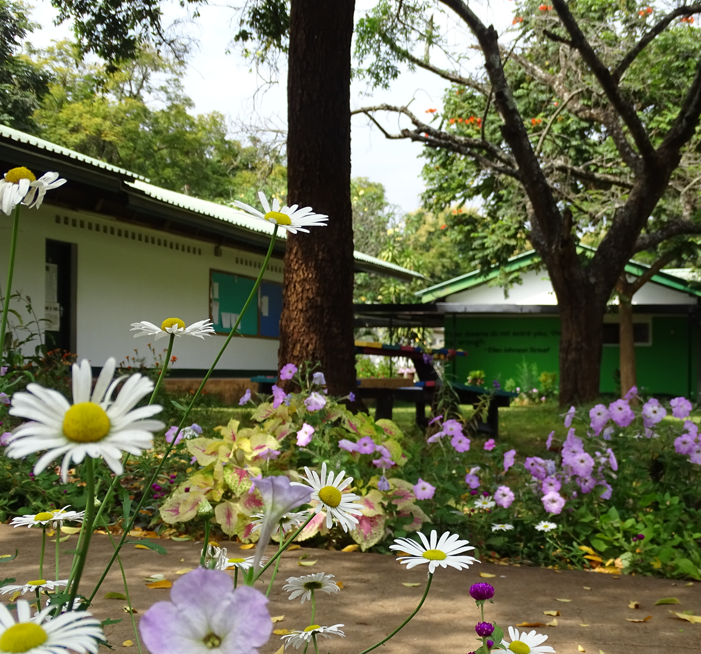 Amphitheatre
Amphitheatre- Art & design studio
- Changing rooms
- Dining hall with indoor and outdoor seating
- Full-size football and rugby pitches
- Gym and weight-training facilities
- Library
- Medical centre
- Multi-function hall
- Multi-purpose hard-court for basketball, netball, and tennis
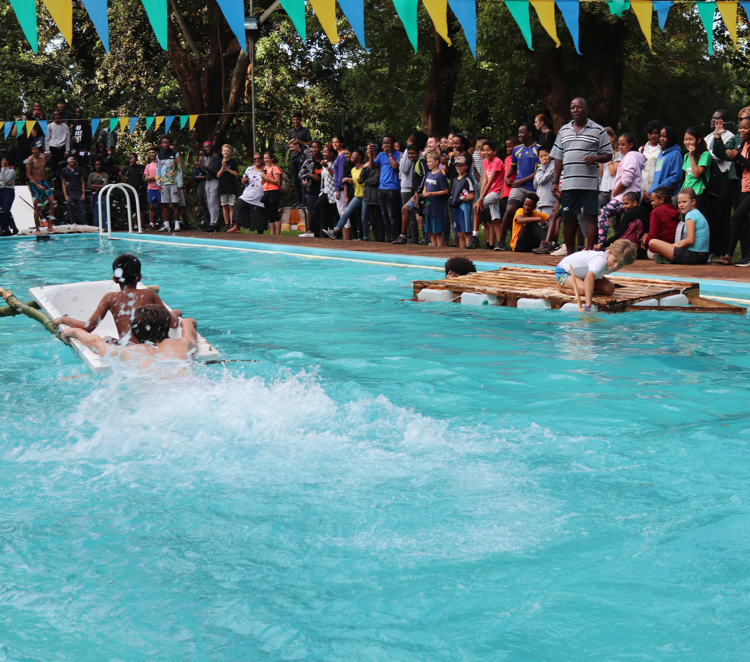 Music room
Music room- Outdoor fitness area
- Outdoor swimming pool
- Performance stage
- Small field for seven-a-side games
- Student social spaces
- Theatre
- 400m grass-running track
Residential accommodation
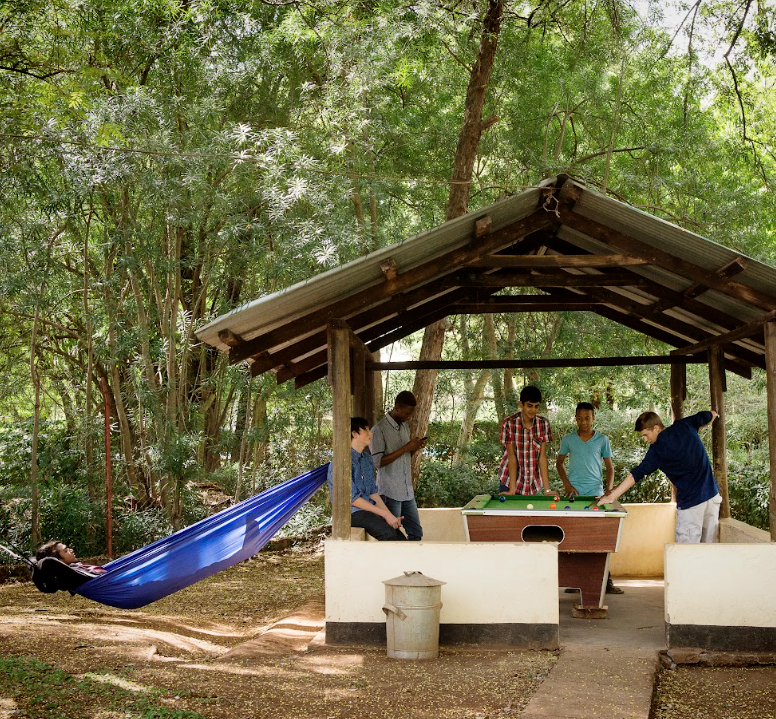 Both campuses provide an excellent environment for residential students, equipped with outdoor living areas, kitchen, laundry facilities, study rooms and Wi-Fi.
Both campuses provide an excellent environment for residential students, equipped with outdoor living areas, kitchen, laundry facilities, study rooms and Wi-Fi.
In Arusha, the newly built Jacaranda, Baobab and Acacia houses accommodate up to 120 IB diploma students. The Moshi campus features 9 houses, admitting residential students from age 8 and above.
Wellbeing support
Medical provisions
Arusha:
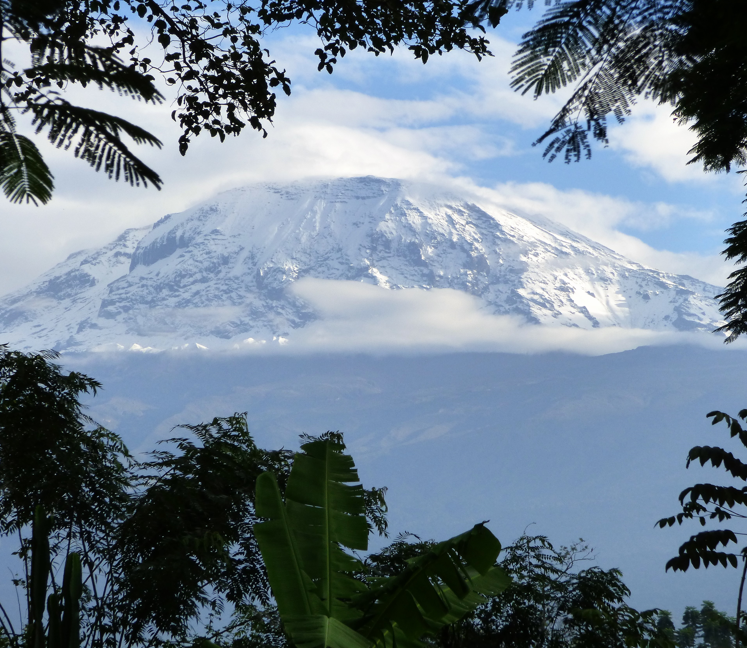 Health centre open 24 hours a day
Health centre open 24 hours a day - Full-time nurse
- Local hospital 5km away & Arusha airport 24/7 Medivac facilities 1km away
Moshi:
- Health centre open 24 hours a day
- Full-time nurse
- Fortnightly doctor’s clinic on campus
- Local GPs nearby and local hospital five minutes away
Academic and emotional wellbeing
- Full-time counsellor available Monday to Friday
- Psychologist on campus 3 days a week in Arusha
- Two House Parents (parents providing residential support to students) live adjacent to the student residential houses - available in the evenings and weekends
- Night staff on duty seven days a week
- Weekly meetings with tutors or mentors who oversee student progress academically, socially, and emotionally
